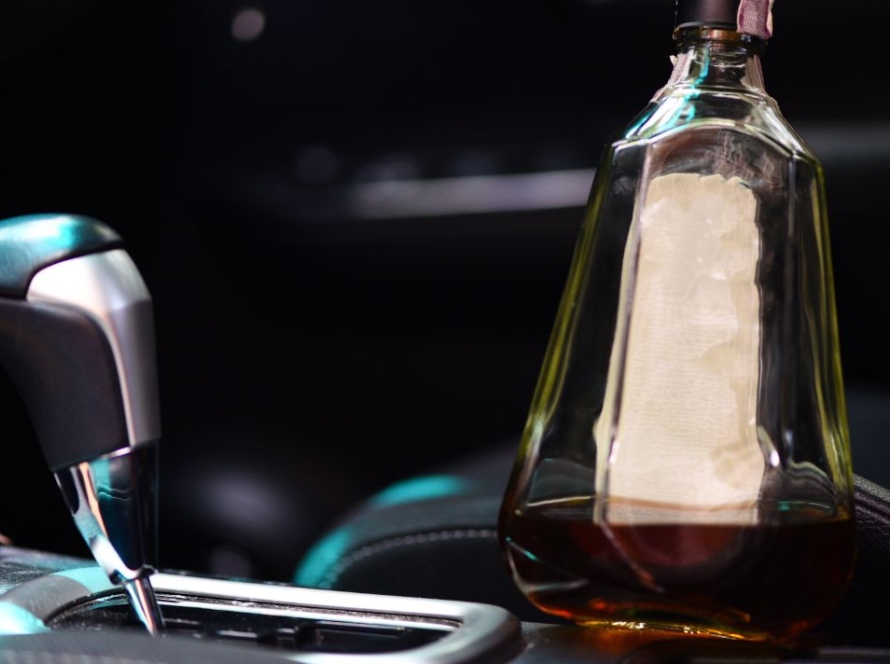In most states, a DUI (Driving Under the Influence) is considered a criminal offense, not just a traffic infraction. Is a DUI a criminal offense? Typically, DUI charges are classified as misdemeanors. Misdemeanors are crimes usually punishable by up to one year in county jail. In contrast, felonies are more serious crimes that can result in more than a year of imprisonment.
Penalties for a DUI
The penalties for a DUI can vary based on your specific case and the laws of your state. Here’s a general idea of what you might face for a first offense with a BAC of 0.08% or higher:
- Up to Six Months or a Year: You could face jail time ranging from six months to a year.
- Pay Fines: You will likely need to pay fines as part of your penalty.
- Driver’s License: Your driver’s license may be suspended or revoked by the DMV.
- Probation: You might be placed on probation, requiring you to follow specific rules.
- DUI Education Program: You may need to attend a DUI education program.
- Complete Community Service: You could be required to perform community service.
- IID Installation: An ignition interlock device might be installed in your vehicle.
Many states also have a “lookback period” or “washout period.” This means that if you have prior DUI convictions within a certain number of years, your penalties for a new DUI will be more severe. For example, if you live in a state with a seven-year lookback period and you have two DUIs within seven years, the second DUI will result in harsher penalties. But if your prior DUI was more than seven years ago, the new offense might be treated as a first-time DUI.
Is DUI Ever Prosecuted as a Felony?
In many states, a DUI can be charged as a felony in certain situations, such as:
- Past Convictions: If you have previous DUI convictions.
- Causing Injury: If you caused physical injury to someone while driving intoxicated.
- Causing Death: If you caused someone’s death while driving under the influence, it is often referred to as vehicular manslaughter.
In some states, having a child passenger in the car while drunk can also lead to felony charges or at least harsher penalties. Felony DUI penalties typically include at least a year in prison, significant fines, and a lengthy suspension of your driver’s license. However, some states offer programs where you can replace part of your prison sentence with rehab.
Will Getting a DUI Show Up on Your Criminal Record?
Yes, a DUI conviction will give you a criminal record because drunk driving is considered a crime. A “criminal record” is a report that contains your past criminal offenses, also known as a “RAP sheet.” This report includes any crimes you’ve been convicted of. In some places, even traffic violations can appear on your criminal record.
Background Check
Employers can see your criminal record when they run a background check. This check might reveal:
- Past criminal convictions
- Negative information on your credit report
- Negative housing information, such as previous evictions
Can an Expungement Help?
Yes, an expungement can help. It means that the court orders your criminal record to be destroyed. In some states, you can get a record seal instead of expungement. This means your criminal history is hidden from most people rather than being completely erased. You won’t need to mention your record on job applications or interviews if it is expunged or sealed.
Is Drunk Driving Ever Just a Traffic Violation?
In a few states, underage drinking and driving is considered just a traffic infraction, not a crime. Some states also have a less severe offense called DWAI (Driving While Ability Impaired), which is treated as an infraction rather than a crime. However, it’s uncommon for a DUI to be treated as anything less than a crime.
Do I Need an Attorney if I’m Arrested for DUI?
Yes, it’s essential to get legal advice from a defense lawyer or DUI lawyer if you’ve been charged with drunk driving. A criminal attorney can help you in several key ways:
- Get Out of Jail: Helping you get out of jail after your arrest.
- Attend Court Dates: Attending court dates for you.
- Better Deal: Negotiating with the prosecutor to get a better deal, like reducing your DUI charge to a reckless driving charge.
- Challenge Charges: Providing a legal defense to challenge the charges against you.
Having an attorney increases your chances of getting your case dismissed or reaching a favorable plea deal.
What Are the Best Defenses Against a DUI Charge?
There are several common defenses that a lawyer might use to challenge a DUI charge:
- BAC Under 0.08%: Showing that your blood alcohol level was below 0.08%.
- Proving Impairment: Proving that you were not impaired.
- Testing Mistakes: Demonstrating that the police made mistakes with a breathalyzer or field sobriety tests.
- Improper Stop: Arguing that the police stopped you without proper cause.
If you are found guilty, a defense lawyer can help you remove your criminal record, clear it, or seal it to remove or hide the conviction. Having a DUI attorney can significantly improve your chances of navigating the court process effectively and achieving better results for your case.




